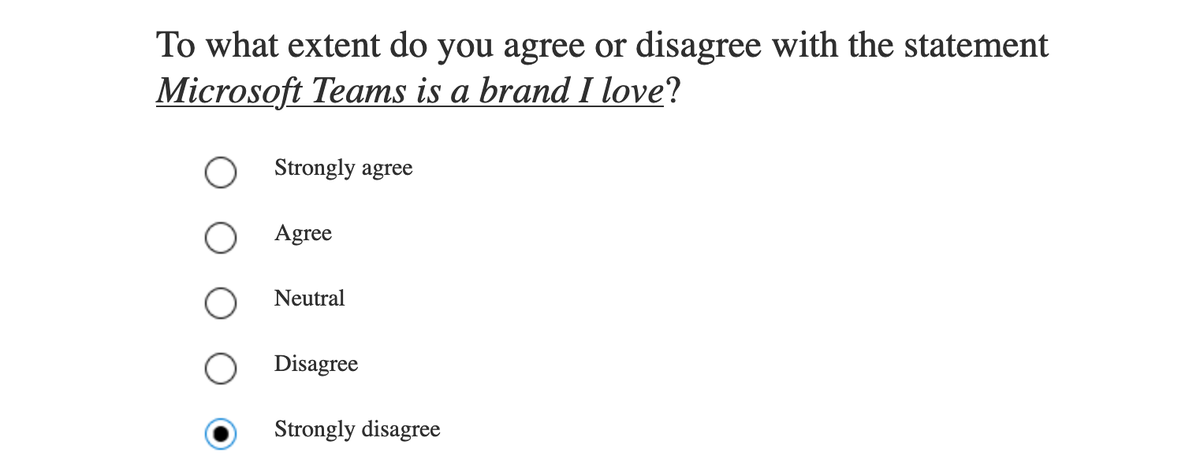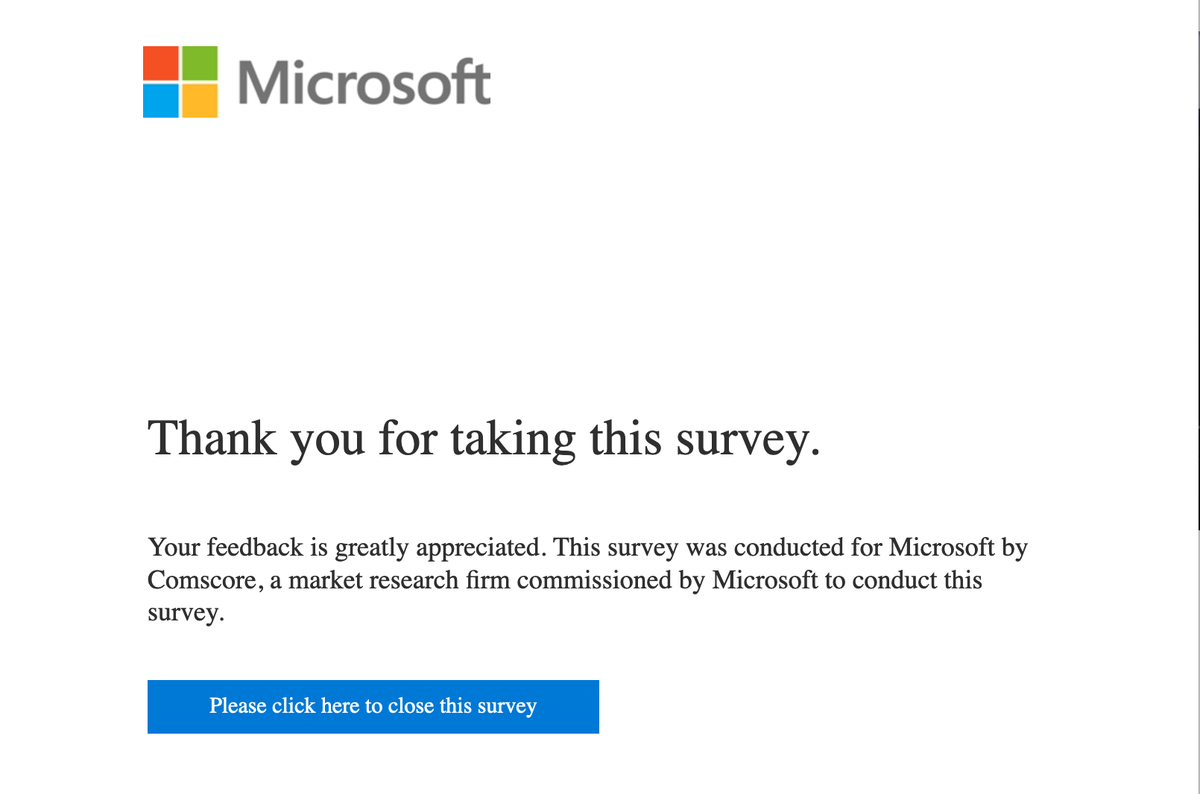Do you love me?
Screenshot by ZDNet
Competition can breed neurosis.
more Technically Incorrect
Especially when there’s a competitor who seems, against all rational odds, to have secured hearts even more than minds.
Recently, I wrote about a couple of very senior executives who believe, with an unhealthy passion, that Zoom is far, far superior to Microsoft Teams.
Their emotions were oddly extreme. Their feelings were certainly unbridled.
I received quite the correspondence. Some lauding Zoom, some suggesting that Teams is so much better that they’d like to meet these two executives in a very dark alley. Via Teams, of course.
Yet these Teams defenders tended to point to rational attributes. For example, how well Teams integrates with the other Microsoft software many employees are forced to use. Which doesn’t exactly lift human spirits.
It also doesn’t lift the spirits in Redmond, I fear.
A few days ago, I was contemplating the moral issues that have driven Piers Morgan to his exalted state of being when a survey forced itself upon my laptop, apparently bypassing my pop-up blocker.
It was from Microsoft, its large colorful logo at the top.
The company wanted me to answer a few questions. First question: “How much do you know about these communication solutions?”
The options were Microsoft Teams, Slack, Zoom, and Google Meet. Curiously, WebEx wasn’t there. Neither was FaceTime.
The next question was all about which of these services “allows workers to collaborate effectively.”
Finally, there was a question about how often I use Teams at work.
Yes, But What Do You Really Feel About Edge?
Dutifully, I answered these three questions. The minute I submitted my answers, Microsoft wanted more. And that more was all about my feelings.
First, which of Teams, Slack, Zoom, or Google Meet did I prefer to use at work. Next question: Which would I describe as “easy to use”?
It was as if this whole thing was based on the two executives’ criticism of Teams. They’d both talked about how Zoom is, for them, so much more intuitive and easier to use than Teams. They claimed Zoom gave them more display options and even greater privacy. I didn’t necessarily agree with them, but they use these services far more than I do.
They said comparing Zoom to Microsoft was like comparing Lululemon to Athleta, or Dick’s to Big 5 Sporting Goods. One said her company went out of its way to use Zoom, rather than Teams. Even though the company uses Outlook.
Next question from Microsoft: “Which of the following communications solutions most differentiate themselves from others?”
You know the answer is Zoom, don’t you? It’s the one that’s become a verb. It’s the one that’s become synonymous with the whole videoconferencing genre. What did it do to achieve that? It was there when the pandemic happened and it was easy to use.
Is This Love, Is This Love That I’m Feeling?
Finally, like a needy youth desperate for the hometown queen to love him, Microsoft went to the essence: “To what extent do you agree or disagree with the statement Microsoft Teams is a brand I love?
There it is. There’s the real concern. Love.
People love Zoom — despite its security scandals and its possibly creepy relationship with China. Microsoft is worried that it’ll never enjoy the same love. It just wants Teams to be passionately adored.
Naturally, I had to tell the truth. You have to in relationships.


Kidding. It’s just OK. Fine. But love? Nah.
Screenshot by ZDNet
When you’re asking me about love, it’s a deep question.
When I think of brands I love, I think of the San Francisco Giants, Real Betis, Montalbano, Honig Winery (disclosure: I’m a so-called wine ambassador there), Portugal, Galaxy chocolate, Tony’s chocolate, Cadbury’s Milk Tray chocolate, and Norwegian Kvikk Lunsj chocolate.
Tech brands can be tasteful, exciting, helpful, and uplifting. But love a tech brand? I’m sorry, it just hasn’t happened to me, though I know others have been lucky enough to experience it. (The closest for me were the early Nokia phones. I adored those things.)
Can Anybody Find Me Somebody Who Loves Me?
So, I had to be honest. Microsoft Teams just isn’t a brand I love. Which doesn’t at all mean I loathe it.
I use Teams. It’s just fine. It generally works, though I’ve had one meeting, clicked on the link and, somehow, the other participants were there and never saw me or heard me. Odd, that.
I use Zoom marginally more often because the people I have video conferences with prefer to use Zoom. And it always works.
I don’t love Zoom. And I certainly don’t love Teams. How can you? They’re screen-based substitutes for human interaction.


You see, Microsoft wasn’t hurt. Very.
Screenshot by ZDNet
I couldn’t help thinking, though, that these questions could have been asked about Apple by Microsoft circa 1997.
Just as with Macs and iPhones, a lot of people do love Zoom and Microsoft wants to know how bad that love is and how to get some. The company knows it’s progressed wildly — in emotional terms — from the cold, heartless days of Bill Gates and the excitable, but still essentially heartless days of Steve Ballmer.
The Microsoft brand enjoys some affection these days. It does good things. But it’s worried that it’s losing an emotional contest, just like Apple, I recently discovered, is worried Microsoft Edge is a big threat to Safari.
But Zoom owns fun and ease of use, while Teams has been foisted upon many, via the Office 365 power brokerage.
It’s hard to love something that’s been forced upon you when you’ve been forced to work from home, sometimes in very difficult circumstances.
Zoom is the iPad, Teams is the Surface. There’s still a lot of seduction to be done, Microsoft.



